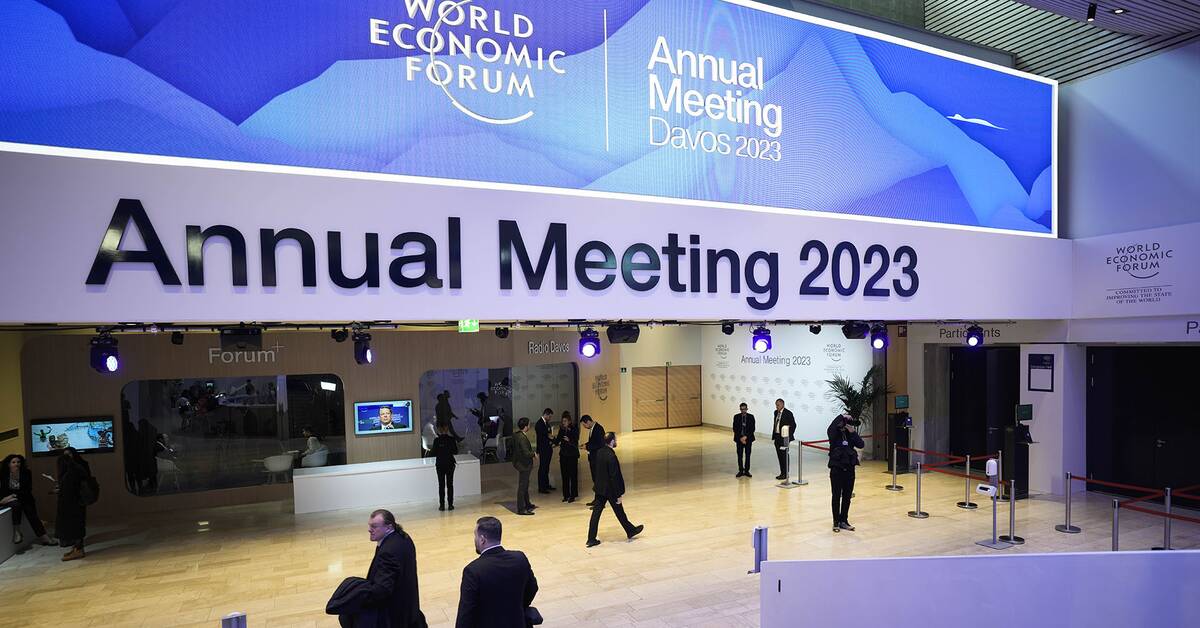Around 600 business leaders and 50 heads of state and government are expected to participate in the five-day conference, which is being held physically for the first time since the corona pandemic broke out in 2020.
The list of participants includes German Chancellor Olaf Scholz and the presidents of Spain, South Korea, Poland and the Philippines.
In addition, 56 finance ministers, 19 central bank governors, 30 trade ministers and 35 foreign ministers participate in the conference.
However, a number of world leaders are missing, including presidents Joe Biden, Xi Jinping, Emmanuel Macron, Rishi Sunak and Lula da Silva.
Russia is not attending the conference at all, as the World Economic Forum has severed all ties with the country and ported it since its war of aggression in Ukraine began in February.
However, Ukraine is expected to have representatives on site, including in the form of the country's first lady Olena Zelenska.
"Cooperation in a divided world"
The theme of this year's conference is "Cooperation in a divided world" and the discussions are expected to focus in particular on the slowdown in the global economy.
Inflation soared as the world reopened after the coronavirus pandemic and rose further as Russia invaded Ukraine, which has driven up food and energy prices.
Although inflation has started to slow down in major economies such as the US and in Europe, it is still painfully high.
Climate change and its economic consequences are also expected to be high on the agenda, including the energy transition from fossil fuels to clean energy.
- I would say that inflation and the energy crisis have risen to the agenda throughout the world.
Normally, there is a lot of talk about the climate crisis and how to get developing countries to catch up.
But now it is these acute crises that are above all on the agenda, says Alexander Norén.

